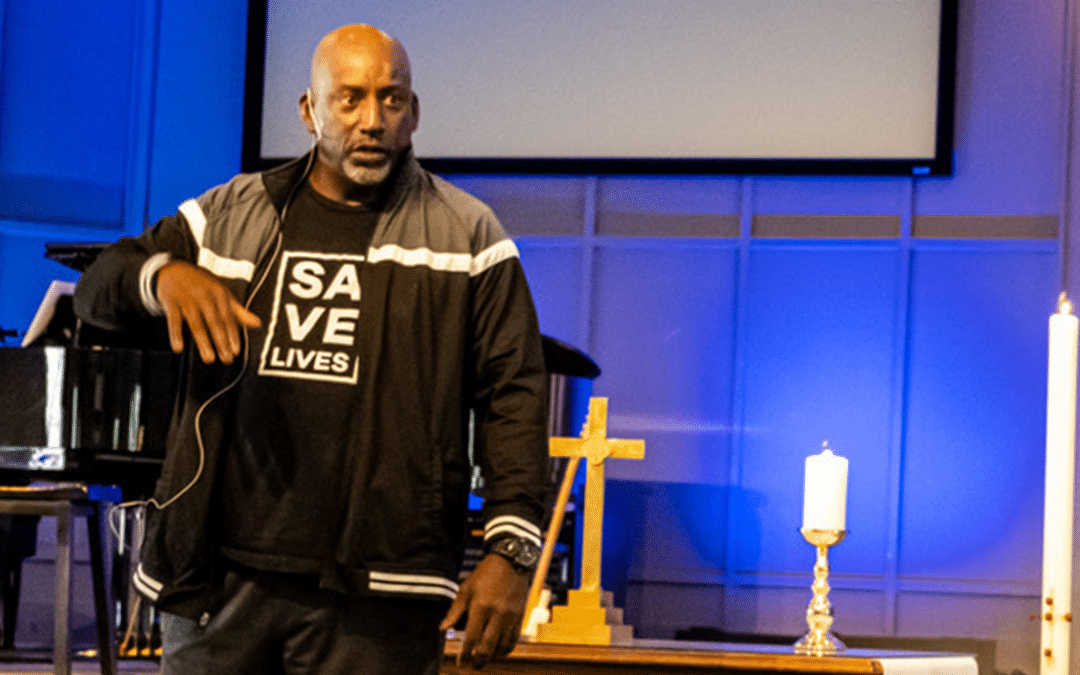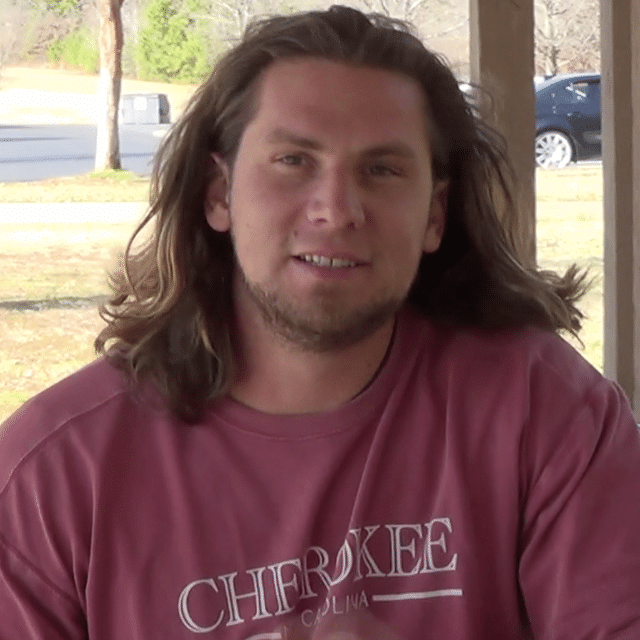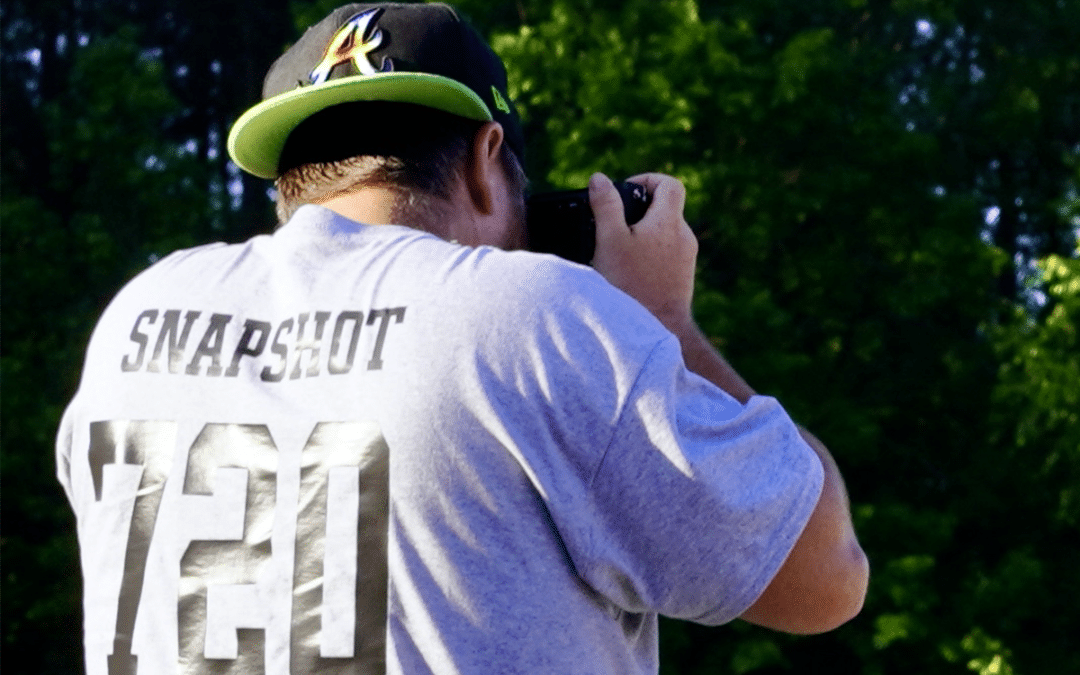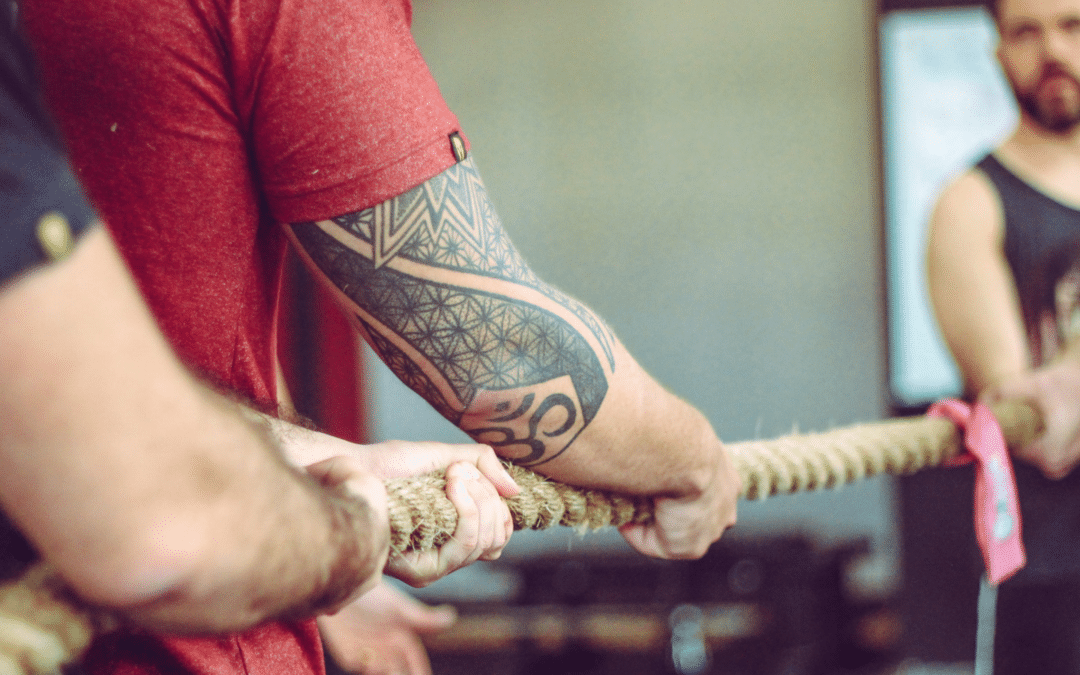
Fighting My Negative Bias
A funny thing happened in our on-campus gym the other day. A song came on, and my friend commented that he loved it but couldn’t remember the name. I loved the song too and couldn’t place the name. Then it hit me like a brick. Not only did I remember the artist and title, but I also remembered that I worked on that song and won a Grammy for my contribution. What an eye-opening moment.
Why do I remember all my losses in pristine detail but rarely my wins?
Why do negatives take up so much of my energy instead of positives?
Am I that big of a pessimist?
Maybe not. “Negativity bias” is our tendency to remember negative experiences and dwell on them. Negativity bias means we feel the sting of a rebuke more powerfully than the joy of success.
I love basketball. I can win 20 games in a row. But if I lose just one, I’ll ruminate on that single loss, replaying all the moments I could have performed better. Do I take negative bias to an extreme? Even professionals miss a shot, strike out, or drop a pass. Why do I think I have to be perfect?
I want to be the guy who can forget the previous play and move on.
I find it challenging to pinpoint when this thought behavior began. Rarely, if ever, did I get in trouble as a child. I was generally a quiet kid. My parents weren’t demanding regarding school, and I always enjoyed doing well. I felt like it was expected, and the work came relatively easily. I took pride in my grades without much motivation from my parents. School was a breeze.
Maybe school came too easy for me, so when I got into the world and experienced failure, I wasn’t prepared?
Case in point: I took Calculus during my first year of college and bombed it, even though math was my favorite subject. It was the first time I failed at any academic endeavor. It crushed me. I didn’t know how to process it. I left that school after just a quarter and essentially gave up on college. Hello avoidance, my old friend….
My divorce is another major “collapse” in my life that never fails to halt me in my tracks. I made my vows with the full intention of fulfilling those solemn promises. The disintegration of that relationship and the toll it has taken on my children haunts me. Even in times of prosperity, my mind replays the horrible life decisions I made during that time. “Selfish” is the only word that can describe my state of mind. My addiction was my priority, not my family. It is an awful feeling, a dirty mirror.
And so it is negative bias that has fed my inability to achieve long-term sobriety.
Over the years, I’ve tried quitting cold turkey, obtaining stints of sobriety that lasted a month or two. Before my daughter was born, I stopped for six months, throwing myself into fitness (running and weight training), and I was able to find a balance in my life.
The day after my daughter was born, I celebrated her birth by buying a half pint of vodka, and it went downhill from there.
I attended one other recovery program before No Longer Bound, and I stayed sober for nine months. Things were good; my ex-wife and I were building a healthy co-parenting relationship, my kids looked forward to seeing me, and I received a job promotion. Then one sunny summer day at Piedmont Park, I convinced myself it was okay to have a beer. Slowly, my life slipped back into a destructive cycle, each failure building on the last. Every time I get overconfident, it leads to disaster. Discarding all the progress and sobriety I had achieved over nine months, I focused only on my failure.
Talking with my therapist at No Longer Bound, I’ve realized I’m an “all or nothing” guy. If I complete a job and receive one piece of criticism, I tell myself that I did horribly. If I tell a joke and one person doesn’t laugh, then I’m not funny. If I were sober for six months and had one drink, I failed at sobriety — so I might as well drink until I can’t feel anymore. My fear of making a mistake paralyzes me. My inability to take risks and put myself out there has no doubt cost me countless opportunities.
Negative bias feeds my depression and anxiety like an all-you-can-eat buffet. By not valuing my achievements in life, I undermine their significance while simultaneously inflating negative experiences. This dichotomy makes balance in my life incredibly difficult. I always feel like I’m swimming upstream.
“I’ve grown most not from victories but setbacks. If winning is God’s reward, then losing is how he teaches us.” – Serena Williams.
What an inspiring way to re-frame the perception of losing. The most accomplished female athlete of all time probably knows a thing or two. Her approach to losing can be applied to all aspects of my life.
At No Longer Bound I have an opportunity to make mistakes with a safety net of brothers, counselors, and mentors. People who can help me change my perspective of negatives, appreciating them as learning experiences instead.
Fighting negative bias requires me to be present and grateful. In being present, I acknowledge that I cannot change the past, and I’m not the feeling associated with the past. With presence comes gratitude, optimism, forgiveness, and compassion.
As with everything in my life, I don’t expect to make this change immediately. It will take time and practice. Here, I can be reminded that I won’t get everything right the first time, and it’s okay. Ironically, this attempt to change will be filled with failures, each one being a lesson to build on and never give up.




